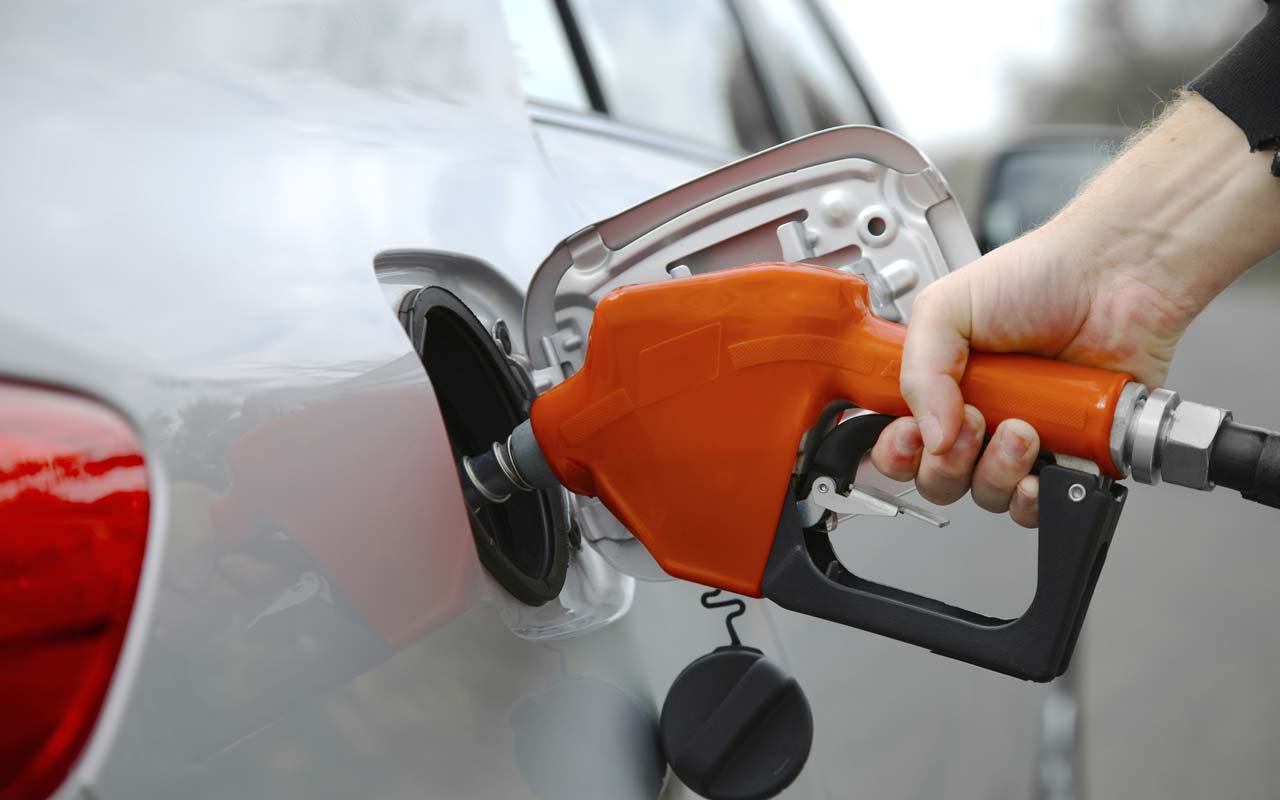Fuel efficency Devices
Event Information

Introduction:
With rising fuel prices and environmental concerns, maximizing fuel efficiency has become a priority for many drivers. By making a few simple adjustments to our driving habits and vehicle maintenance, we can significantly reduce fuel consumption and save money in the process. In this article, we will explore some practical tips to help you optimize your fuel efficiency and contribute to a greener and more cost-effective future.
Mindful Driving Habits:
a. Smooth Acceleration and Deceleration: Aggressive driving with rapid acceleration and sudden braking can waste fuel. Maintain a steady and moderate speed, anticipating traffic changes ahead to reduce unnecessary acceleration and braking.
b. Avoid Idling: If you're going to be stationary for more than a minute, it's more fuel-efficient to turn off the engine. Restarting your vehicle consumes less fuel than idling for an extended period.
c. Optimal Speed: Driving at higher speeds drastically decreases fuel efficiency. Keep within the speed limits and choose an appropriate speed for the road conditions to maximize fuel economy.
Regular Vehicle Maintenance:
a. Proper Tire Inflation: Underinflated tires increase rolling resistance, forcing the engine to work harder and consume more fuel. Regularly check and maintain the recommended tire pressure.
b. Engine Maintenance: Ensure your vehicle receives regular tune-ups, including oil changes, air filter replacements, and spark plug inspections. A well-maintained engine operates more efficiently and consumes less fuel.
c. Aerodynamic Considerations: Remove unnecessary roof racks and attachments that can create drag and reduce fuel efficiency. Keeping your vehicle clean and waxed also minimizes aerodynamic resistance.
Efficient Route Planning:
a. Combine Trips: Consolidating multiple errands into one trip reduces overall mileage and saves fuel. Plan your routes to minimize detours and backtracking.
b. Use GPS and Traffic Apps: Utilize navigation systems and smartphone applications that provide real-time traffic information. These tools help you avoid congested areas and choose the most fuel-efficient routes.
Lighten the Load:
Carrying excessive weight in your vehicle affects fuel efficiency. Remove unnecessary items from your trunk and avoid using roof racks unless absolutely necessary. The lighter the load, the less fuel your vehicle will consume.
Utilize Cruise Control:
On long highway drives, engaging cruise control at a steady speed helps maintain a constant pace and optimizes fuel consumption. However, use cruise control wisely, as it may not be suitable for hilly terrains or heavy traffic conditions.
Consider Alternative Transportation:
For shorter distances, consider alternatives to driving alone, such as carpooling, biking, or walking. These options not only save fuel but also promote a healthier lifestyle and reduce traffic congestion.
Conclusion:
By implementing these fuel-saving strategies, we can make a tangible impact on our fuel consumption and the environment. Each individual's effort to improve fuel efficiency adds up to significant savings over time. So, let's adopt mindful driving habits, perform regular vehicle maintenance, plan our routes efficiently, and explore alternative transportation methods when possible. Together, we can pave the way for a greener future while saving money at the pump.

Townhall Learn More
